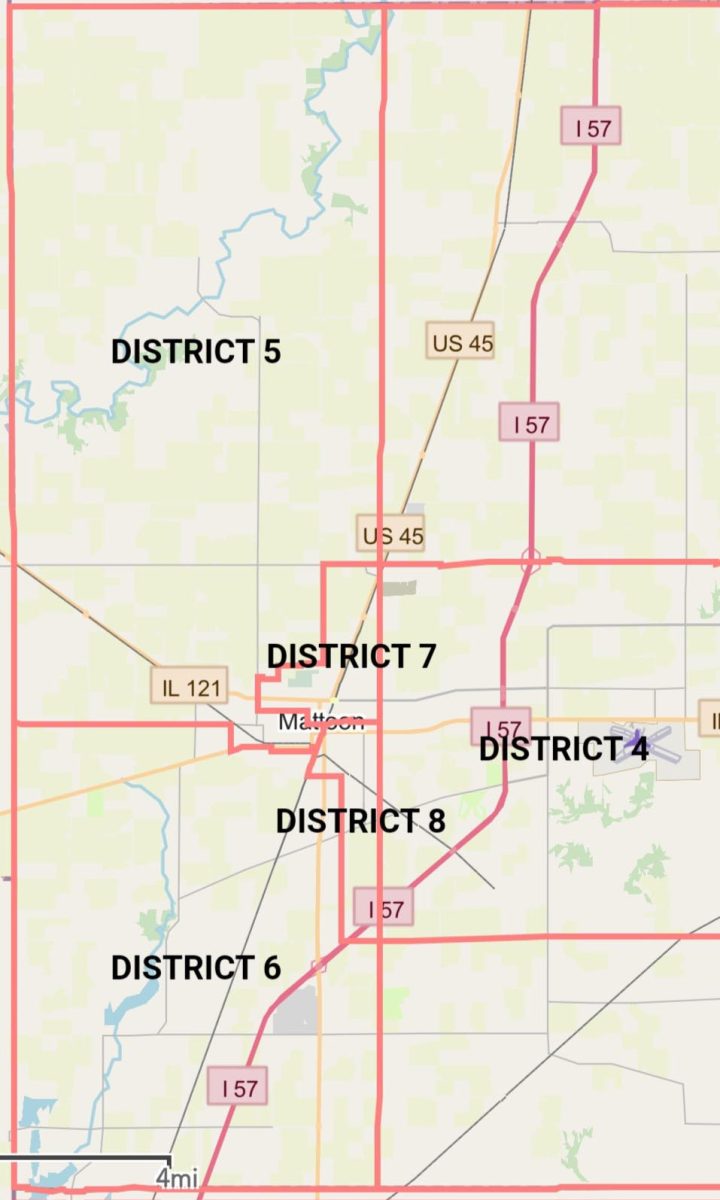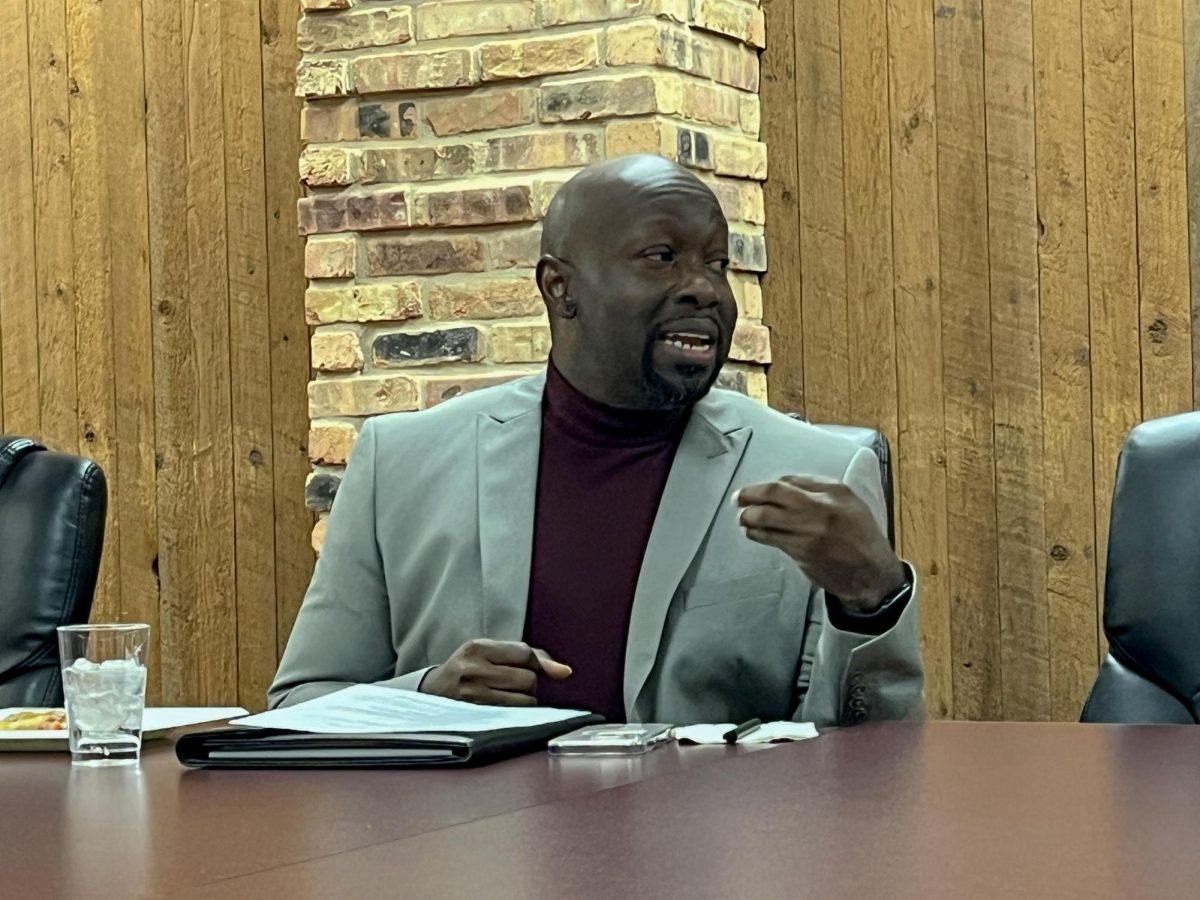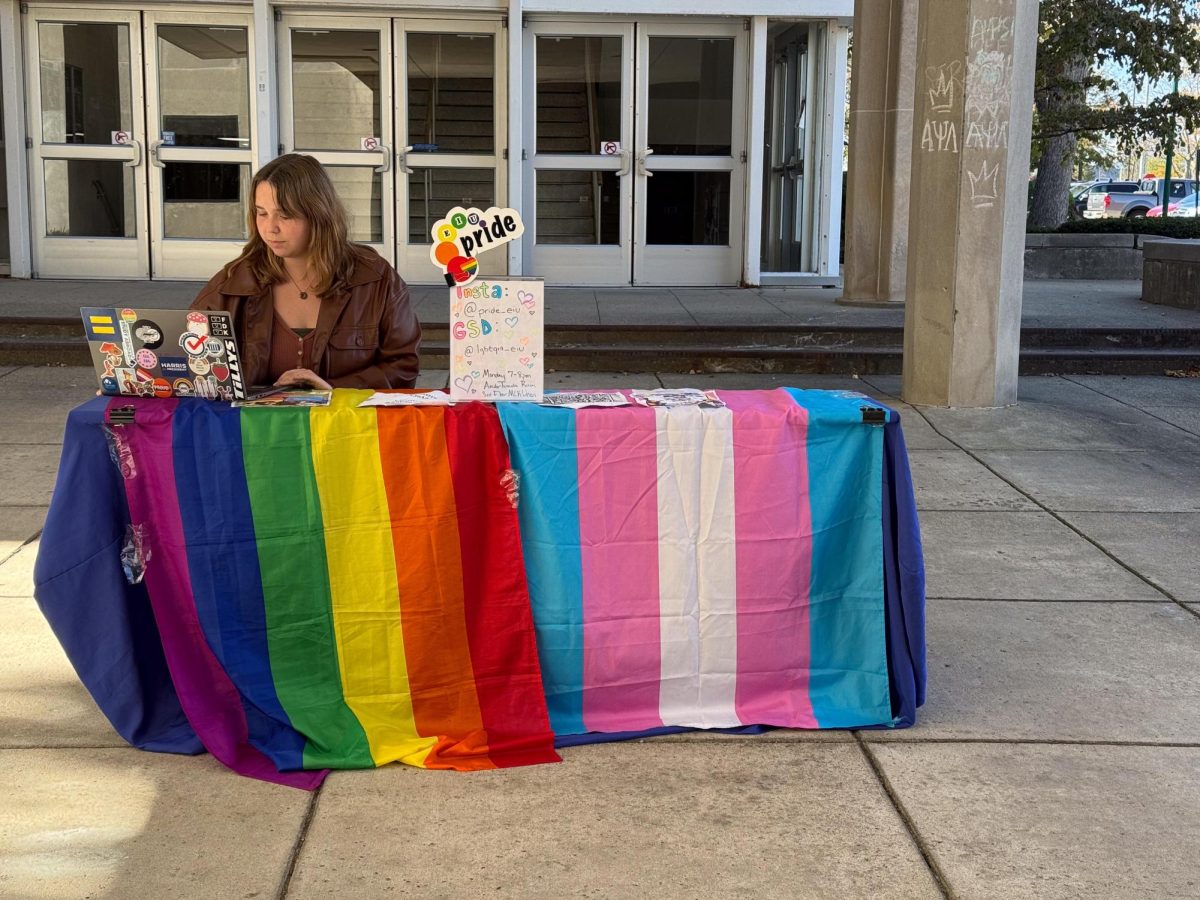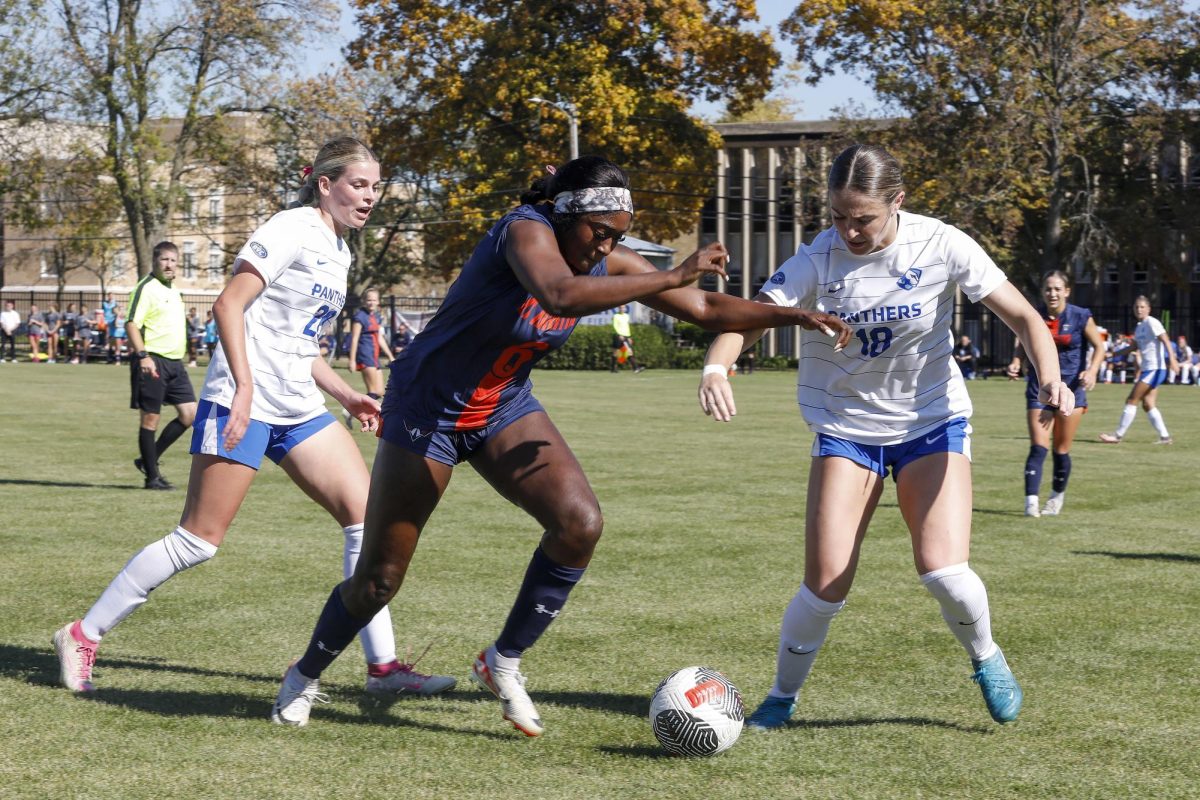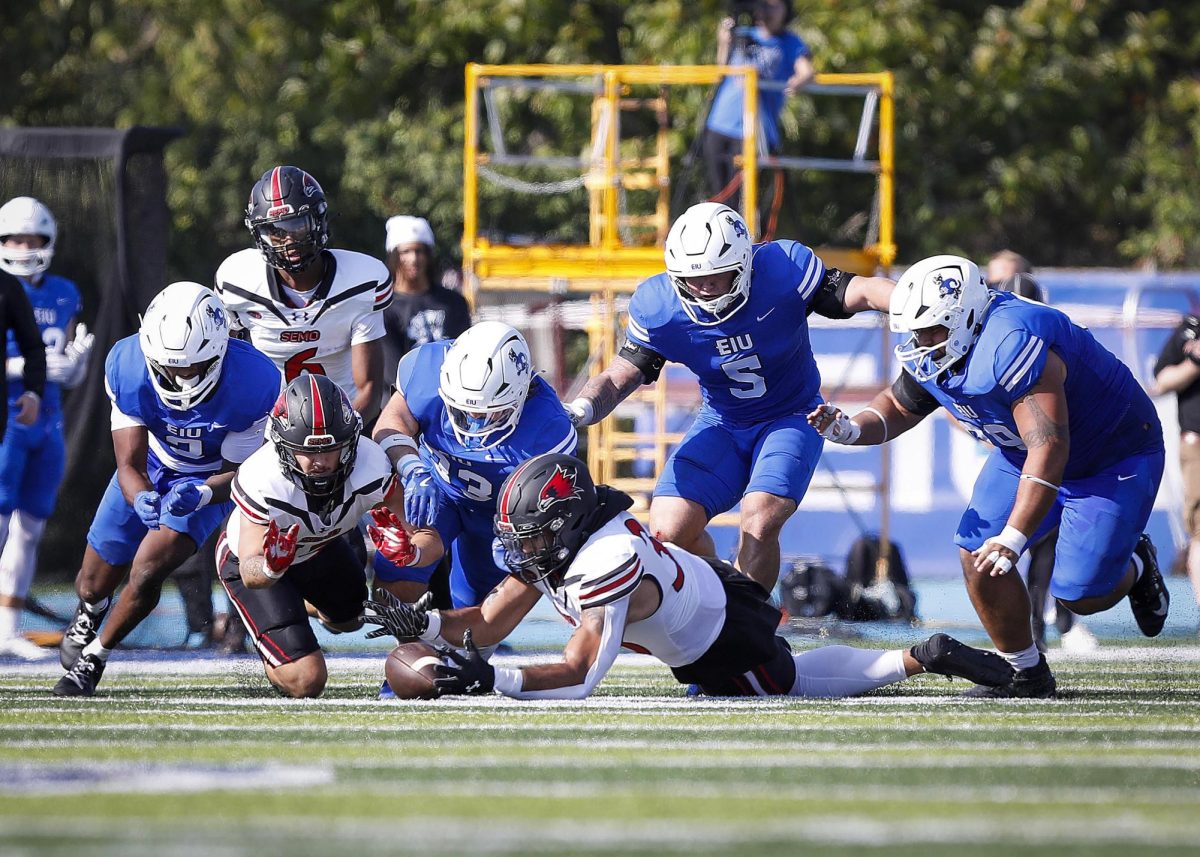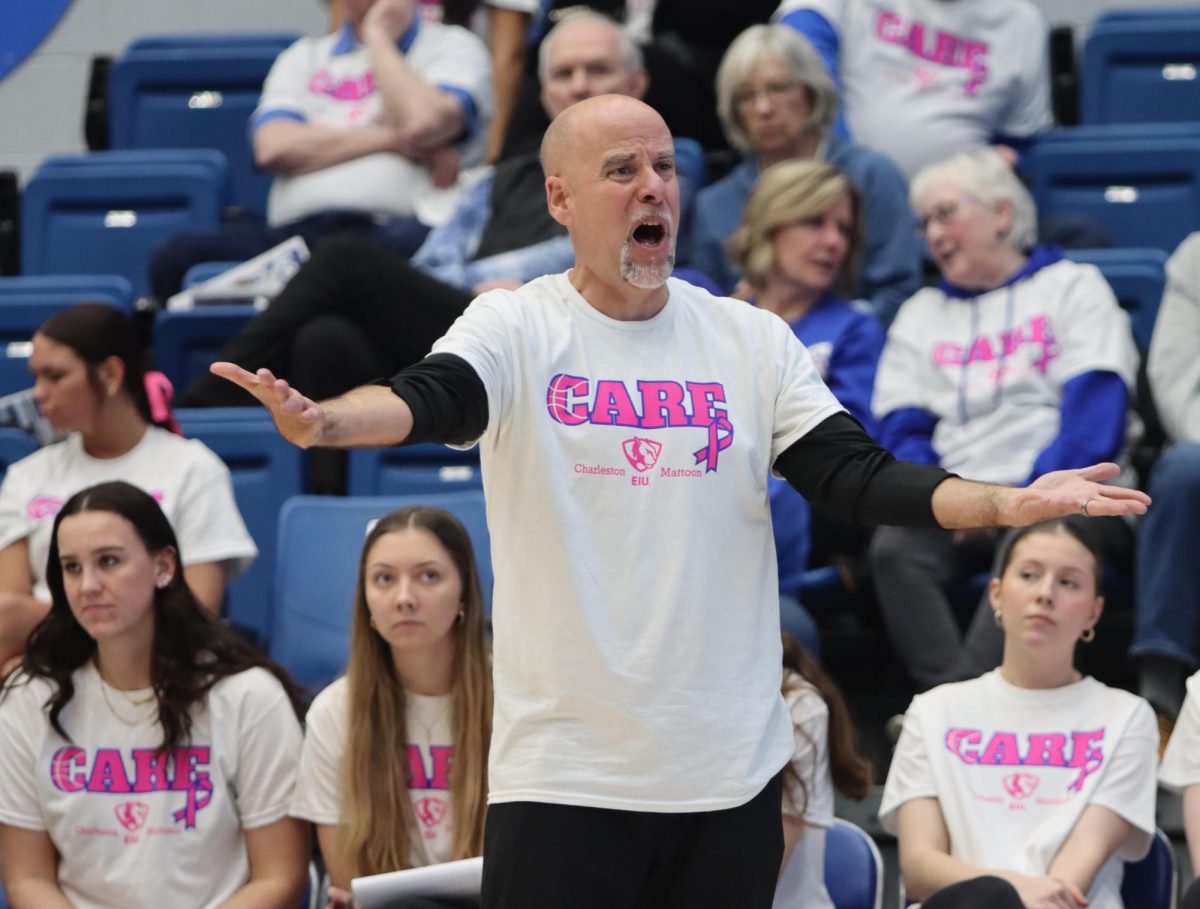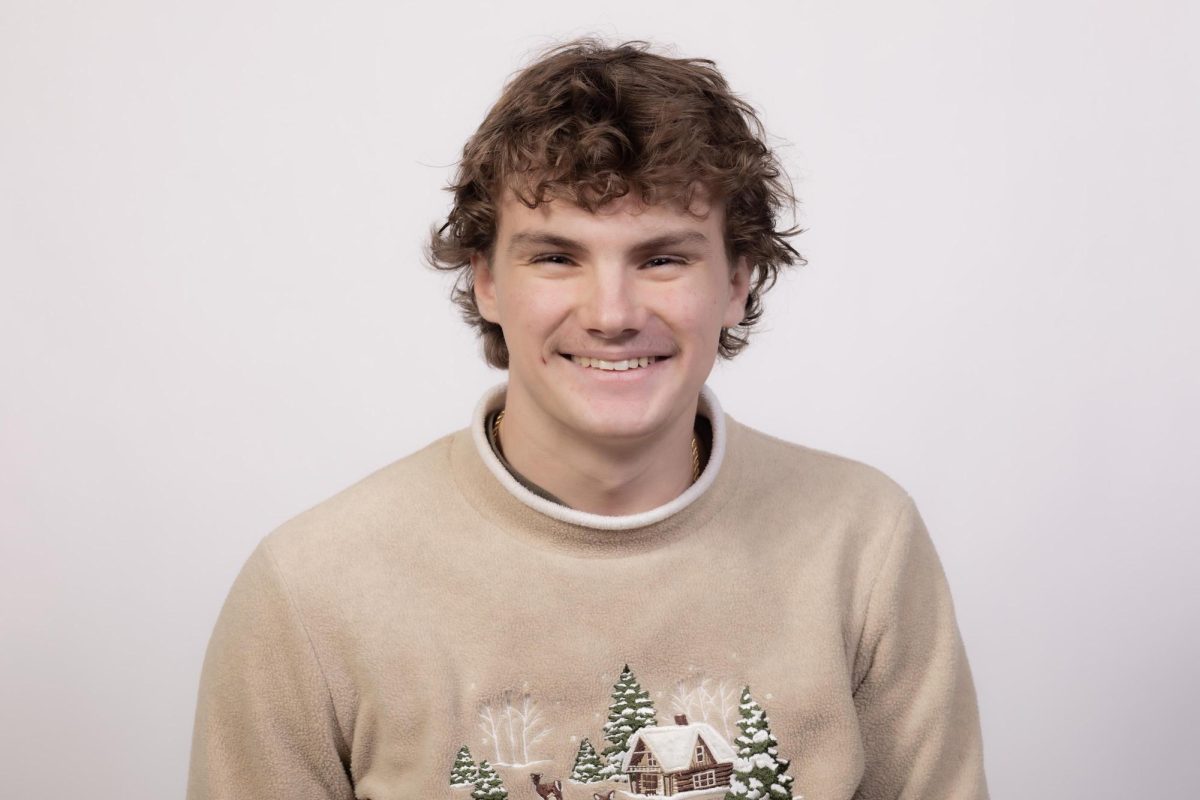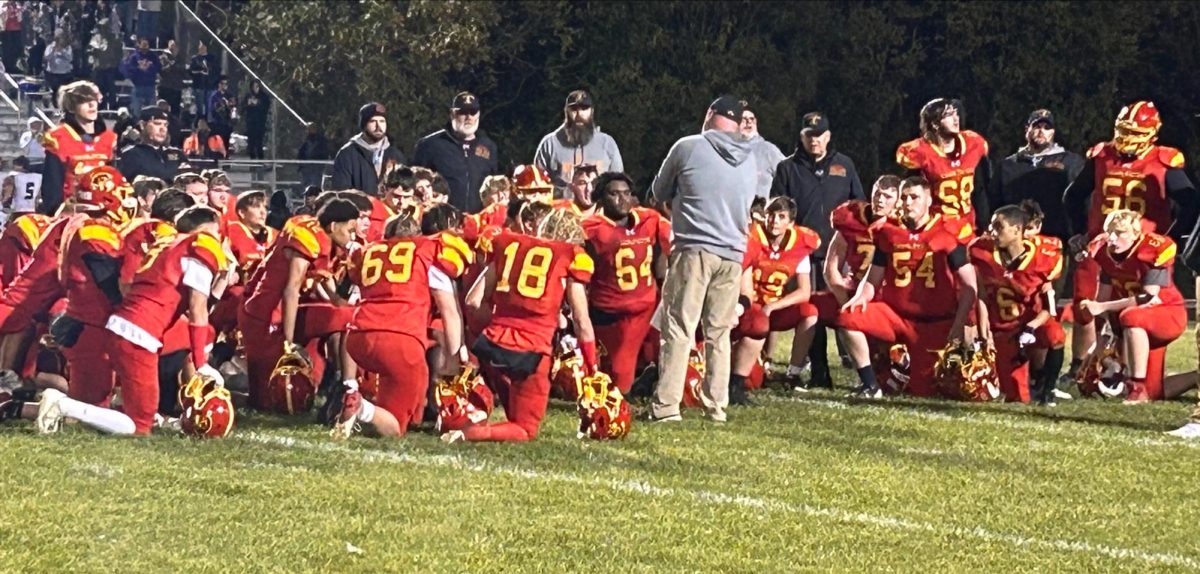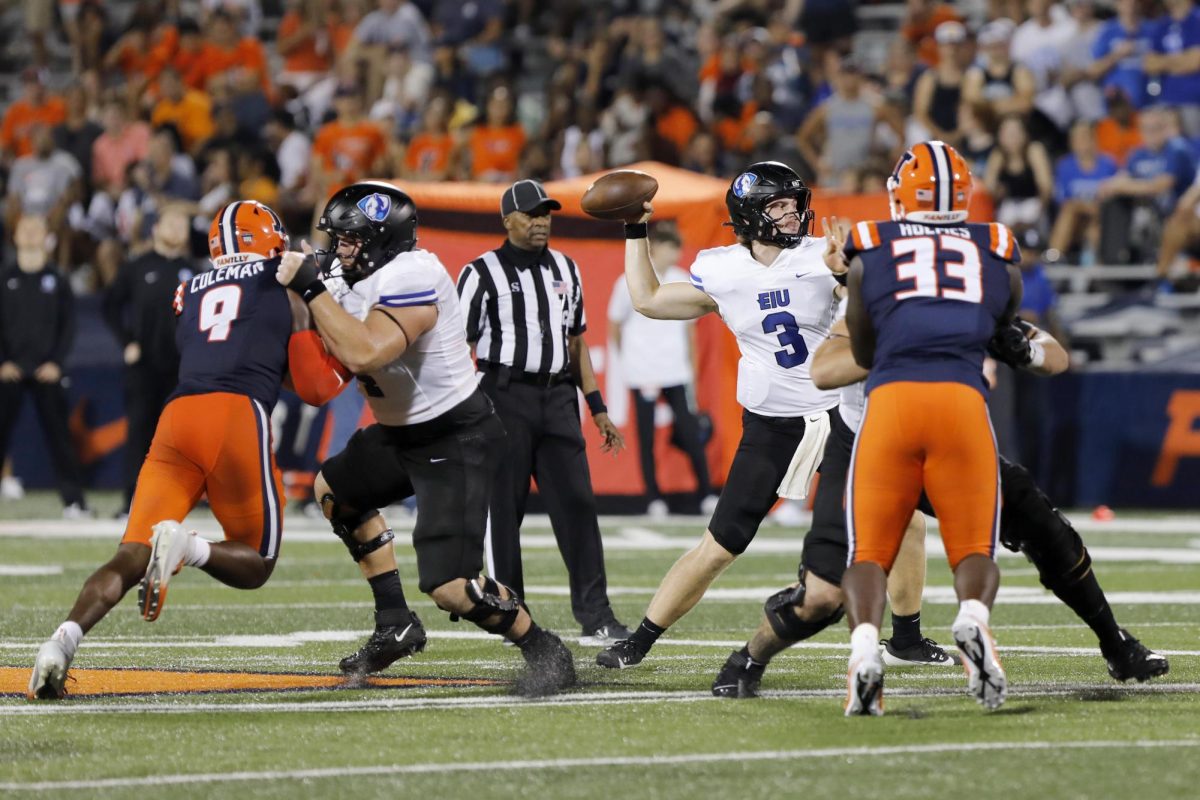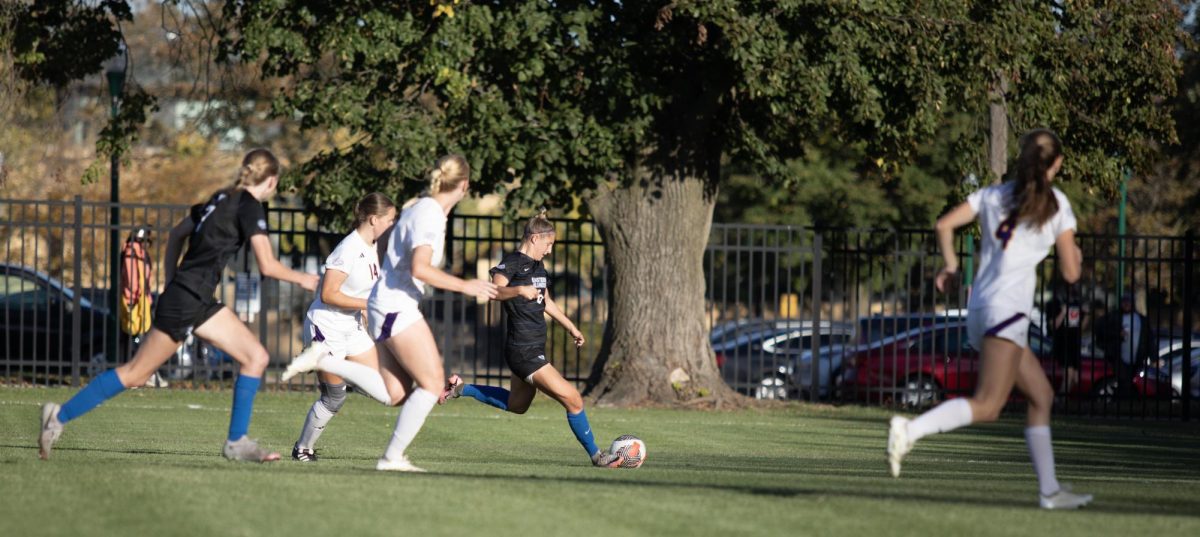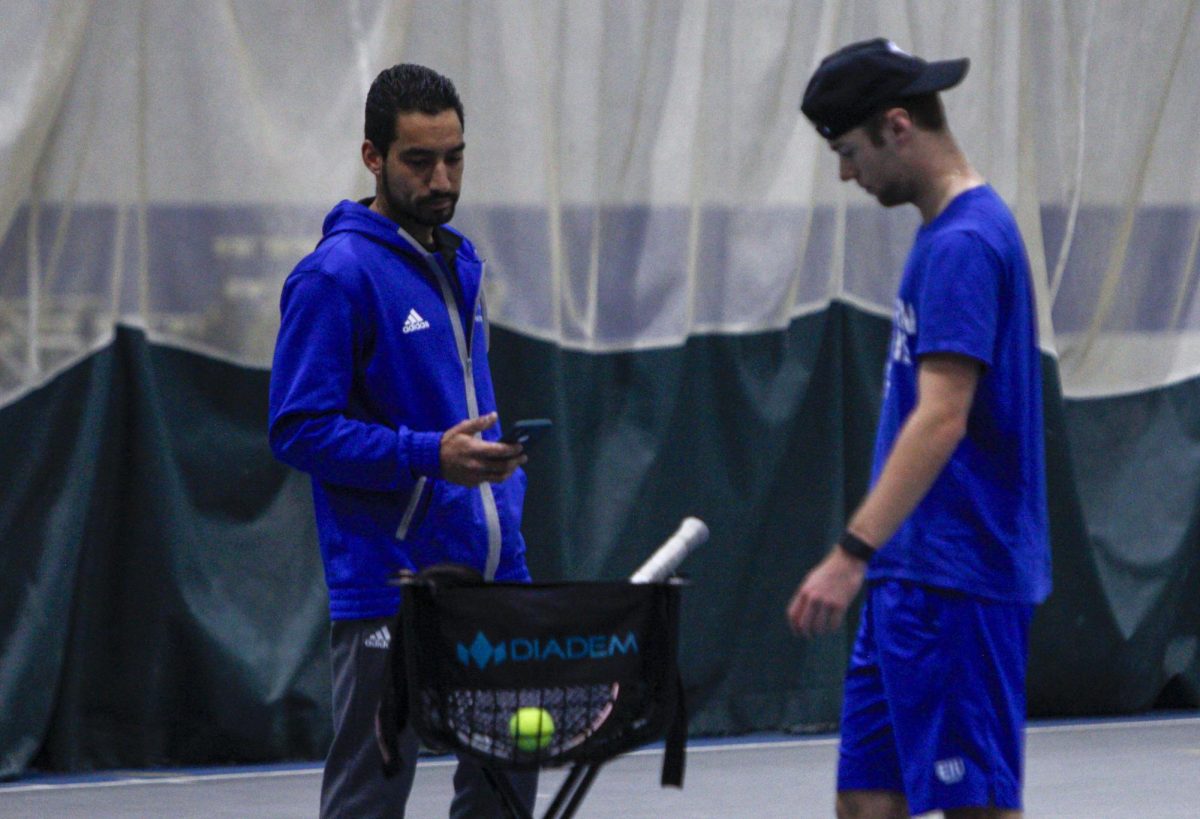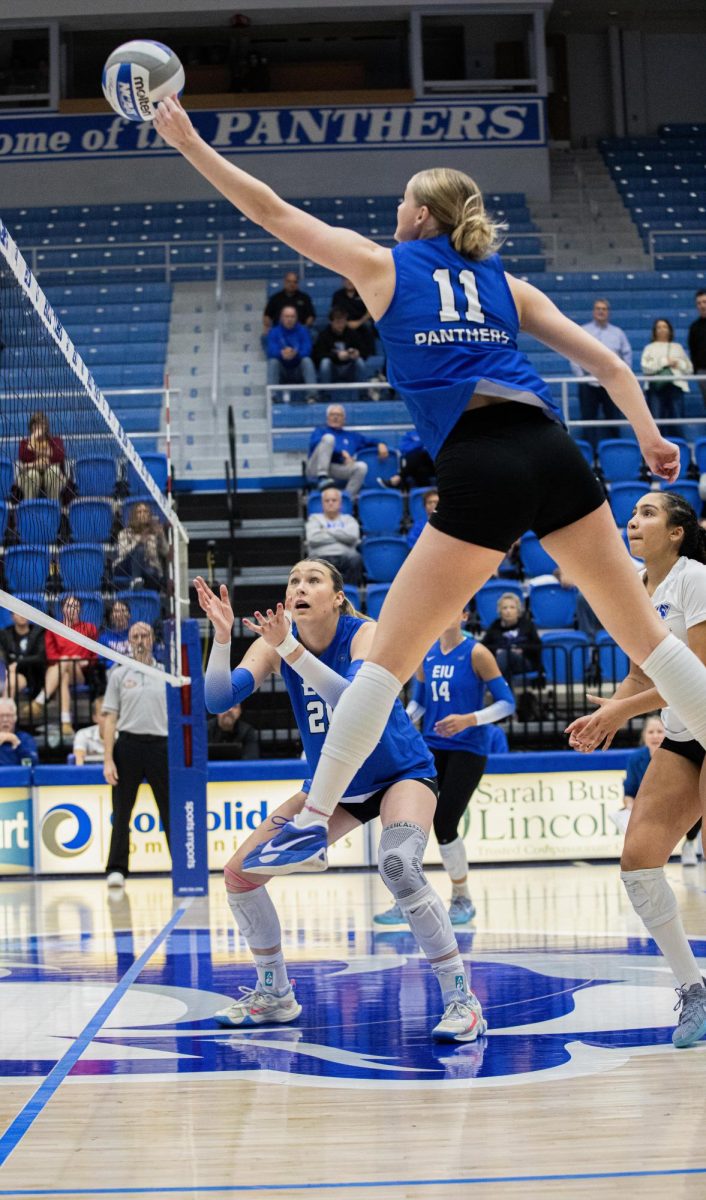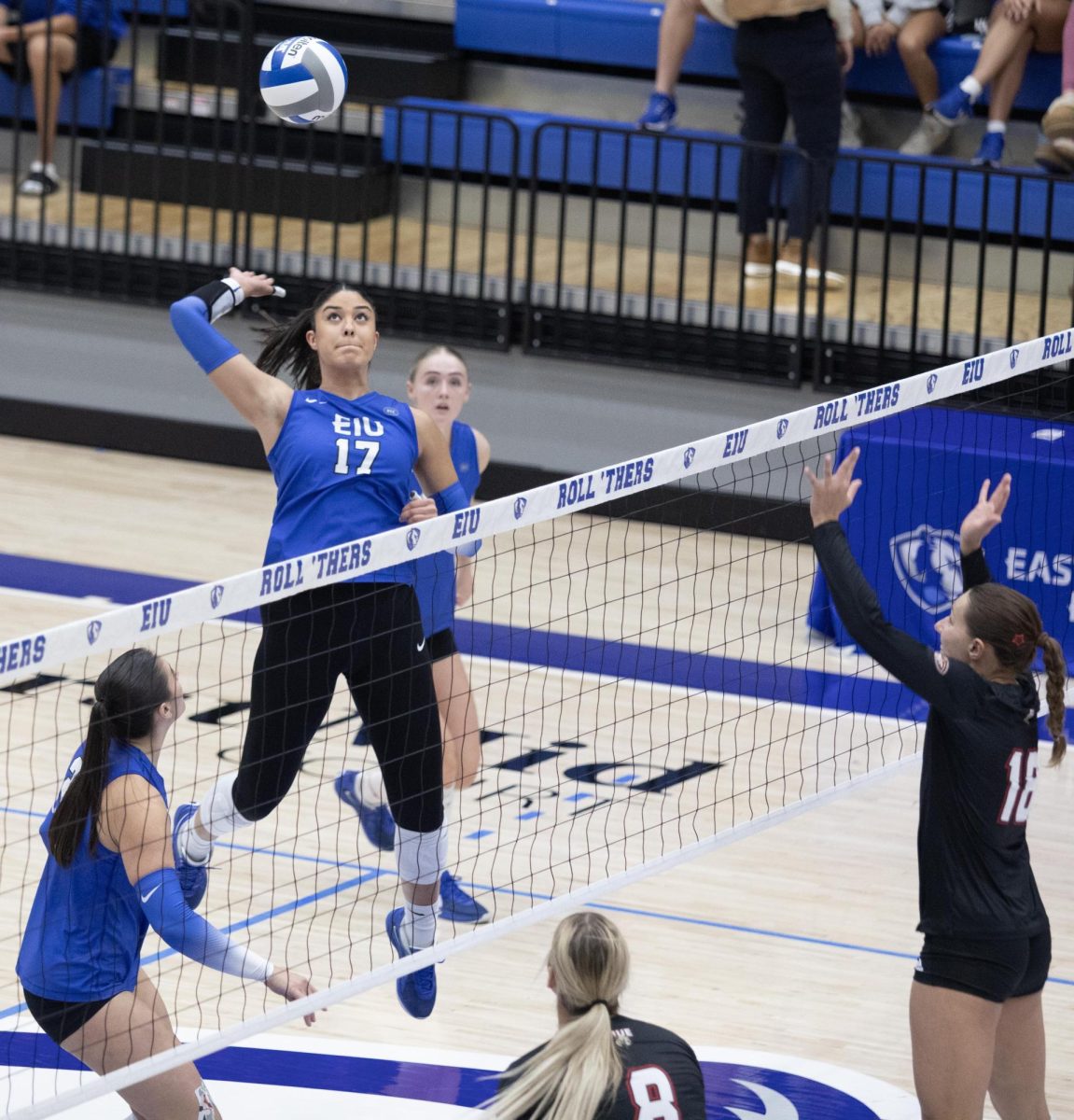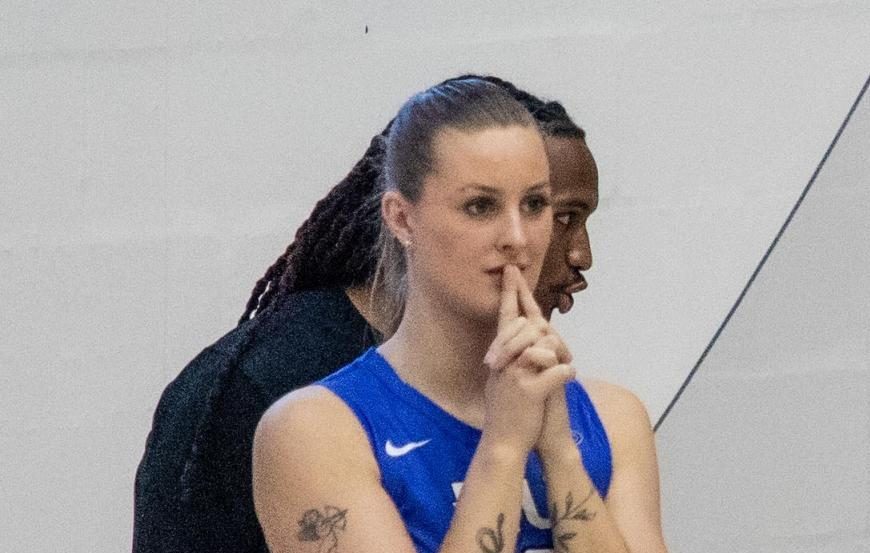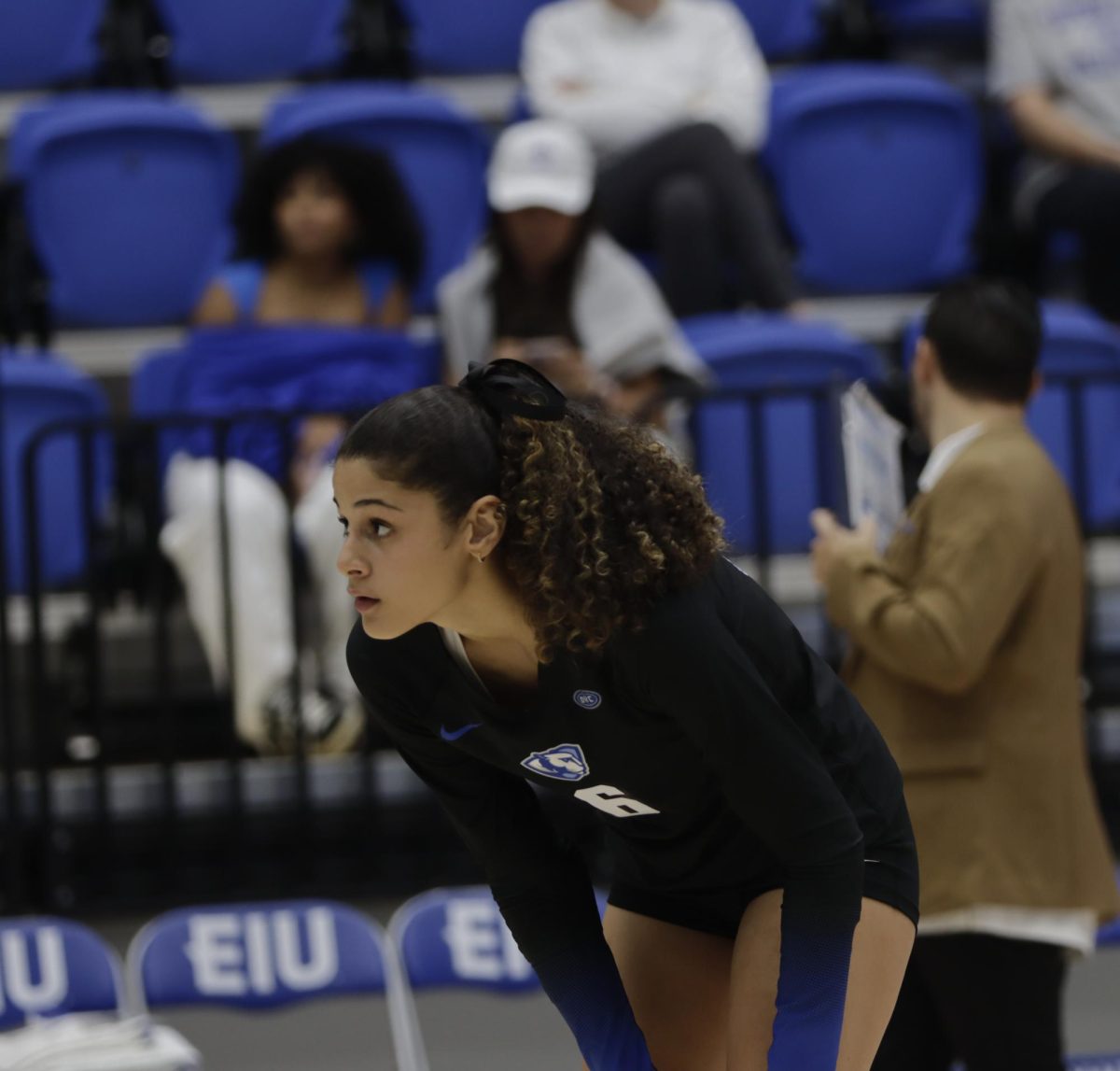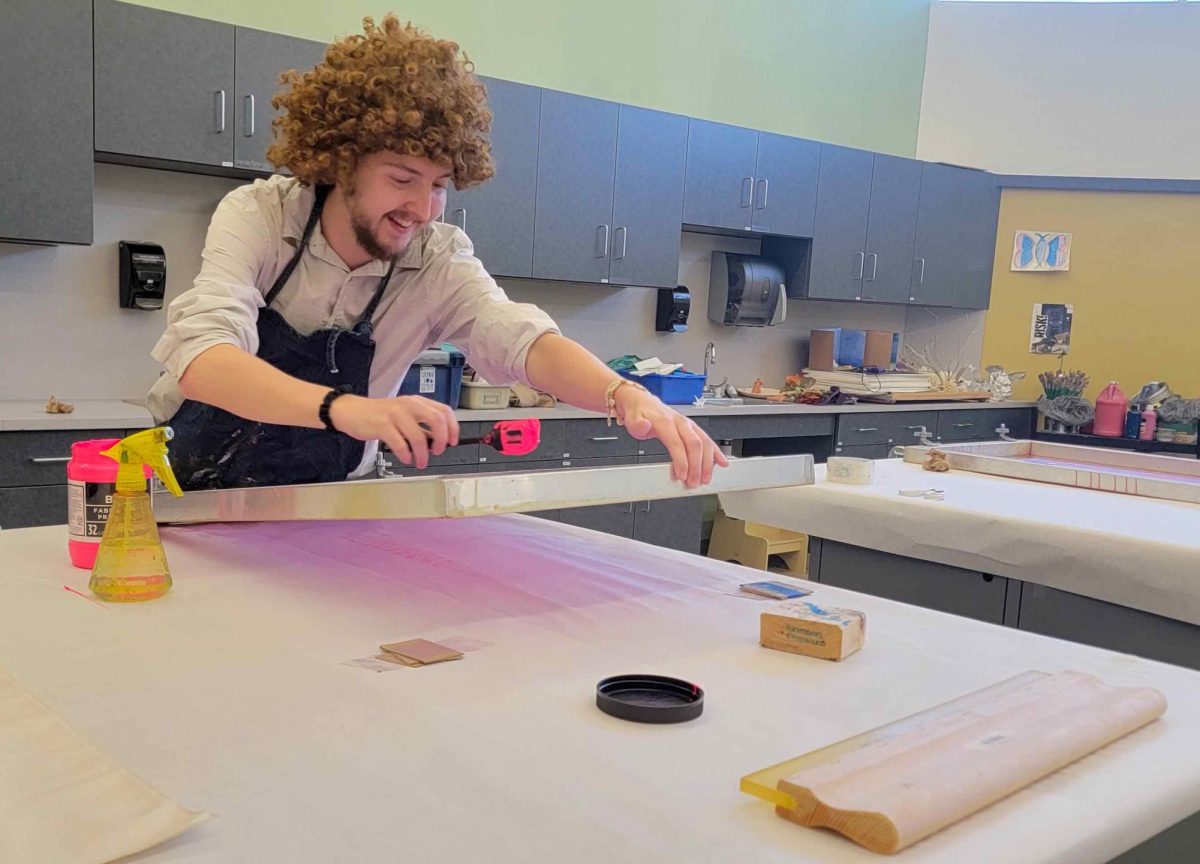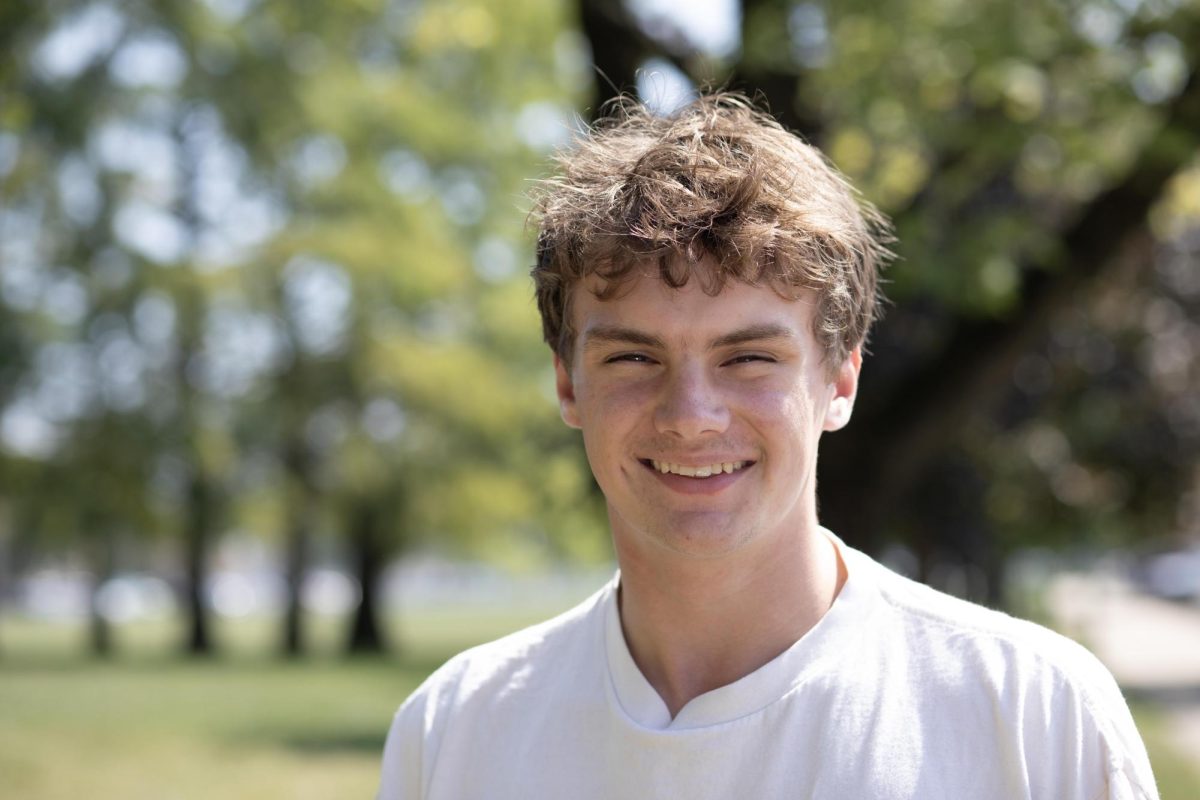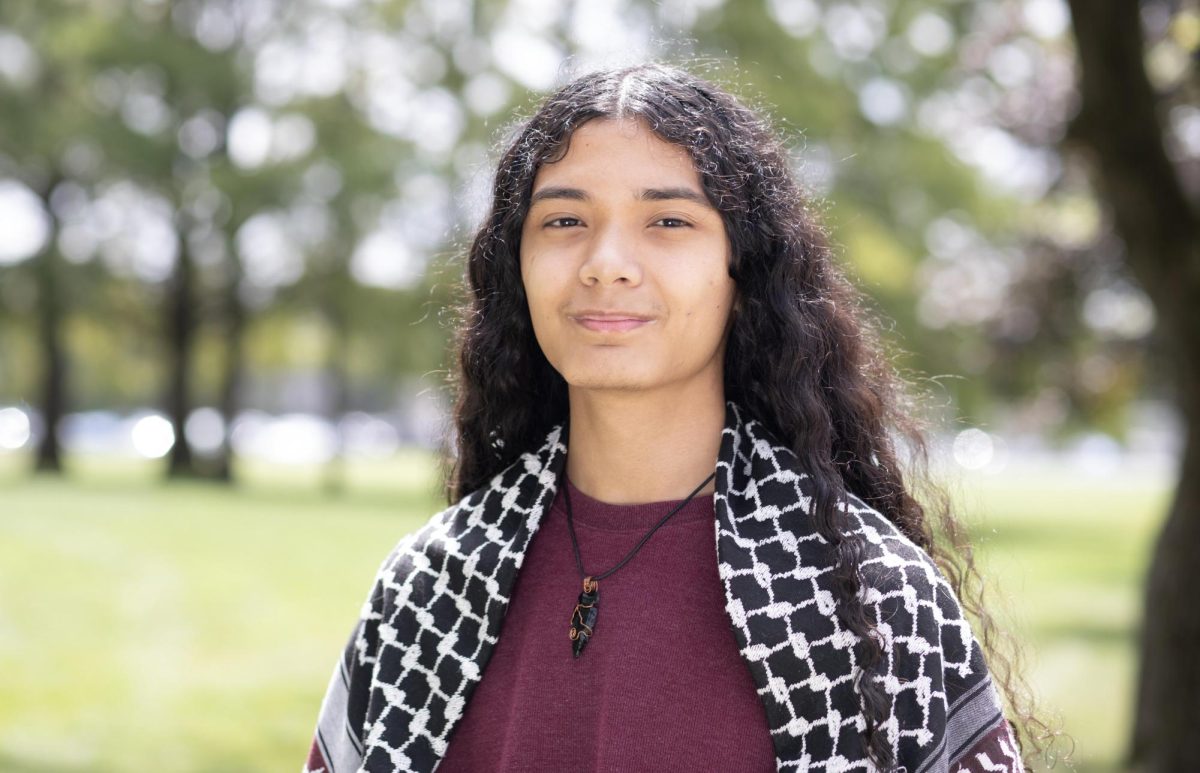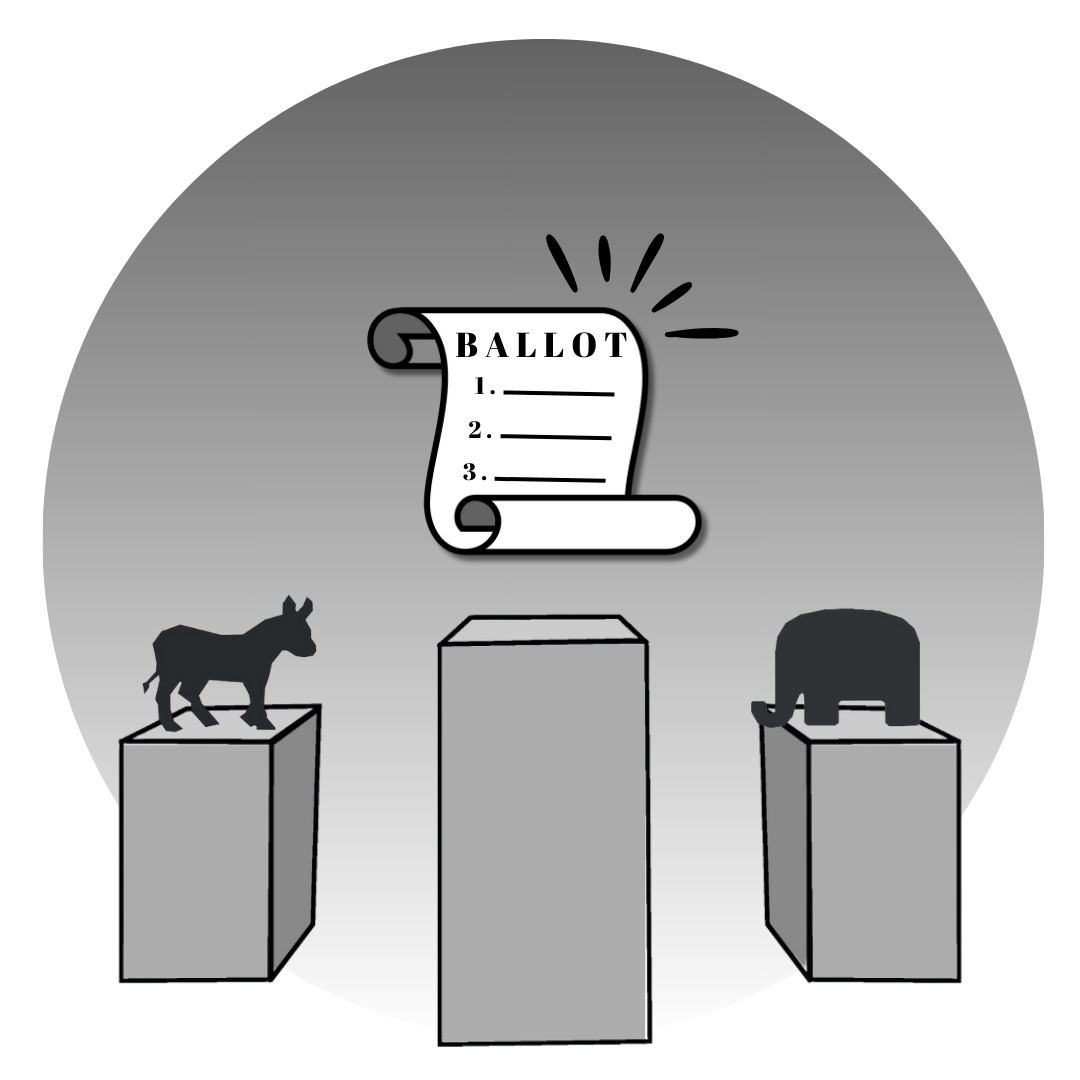After School Program helping kids learn, improve behavior, have fun
January 28, 2019
At the end of school days, kids from the Charleston area head over to the Newman Center for the After School Program.
For the first few weeks, tutors and kids alike gather in a circle to introduce themselves, the person next to them and one thing they like.
Amber Salutric, a junior with a double major in speech pathology and Spanish, said the After School Program is free to parents, and the kids can be picked up on the Newman Center’s bus, or the parents can drop them off at the church.
The program is every Monday through Thursday from 3:45 p.m. to 5:00 p.m.
Since the Newman Center is next to Eastern, many of the tutors are Eastern students, she said.
Tutors work with a number of students ranging from kindergarten to the 8th grade. The center usually does not tutor high school students, but they can help them if they reach out to the center, she said.
The program has five coordinators who alternate which days they oversee the program.
The coordinators help run the program by pairing up the kids with tutors, providing snacks and generally overseeing the kids in the program, Salutric said.
The tutors help the kids with their homework, and they also pick days when they lead group activities.
If a child is shy, the tutors and coordinators try to give them worksheets or books on subjects they enjoy, she said.
“We rely on the tutors to let us know what their kids need,” Salutric said.
The program’s main focus is to help children with homework, but some of the kids come from underprivileged backgrounds, she said.
Since the program is free and provides transportation, it gives children who live in impoverished homes an opportunity they may not have had before to improve their schoolwork, Salutric said.
Furthermore, the coordinators and tutors want to help the kids with more than just homework, she said.
“We want to be role models for (the kids) and give them a place where they can be themselves,” Salutric said, “so obviously we are helping with homework, but the bigger thing behind it is that we are trying to build relationships with them and give them people they can trust and look up to.”
Currently, the tutors are trying to focus on helping kids with their reading.
Megan Youngdahl, a senior majoring in mid-level education and coordinator for the Newman tutoring program, said, “We know a lot of (the kids’) reading scores are low, so we actually have a designated reading zone this semester where they can come and just read. Then we come in and read with them to see what their progress is.”
The kids can read schoolbooks if they have an assignment; otherwise, they come in empty-handed and the center provides them with books.
While the Newman Center mainly has children in the 8th grade or lower attending the program, the coordinators and tutors have a stoplight system for behavioral issues. The children start the week off on green, and if a child begins to misbehave, they are moved to yellow.
“If (a child) gets to red, we’ll (give) their parents a call at the end of the day,” said Dustin McMillan, a senior majoring in applied engineering and technology and coordinator for the Newman tutoring program, said, “and explain why they were moved to red and ask them if they can talk to the kid about maybe behaving a little better or give them tips to behave better.”
Salutric said the children could move between the levels of the stoplight if they correct their behavior, and if they end the week on green, the children receive candy before they go home.
Although the Newman Center’s After School Program is not affiliated with any national after school programs, it is positively impacting the local children, Salutric said.
According to the Afterschool Alliance’s research, after school programs positively affect students who are “at risk of failure in reading or math,” especially students in lower elementary grade levels and middle school. The Afterschool Alliance’s research also found the programs help close the achievement gap between students in a low-income household and those in a high-income household.
Additionally, the Afterschool Alliance found that children participating in programs will have fewer disciplinary issues during the school day.
According to its website, “a 2016 evaluation found that the school-day disciplinary incidence rate for high school students attending the program for 60 days or more was 23 percent lower than students who did not participate in the program.”
While the Newman Center’s After School Program has impacted the children, the coordinators and tutors have also been positively affected.
Youngdahl said when she first attended Eastern, she was majoring in secondary education, and now that she is middle level, she loves the content and the kids.
Overall, she said she loves establishing connections to the kids and joking around with them, and it is this experience that influenced her to completely change her career path.
“(The kids) have really changed my mind on my career goal, I guess, since that is a part of the reason why I focus on middle level now instead on secondary,” she said.
Elizabeth Wood can be reached at 581-2812 or at ehwood@eiu.edu.



